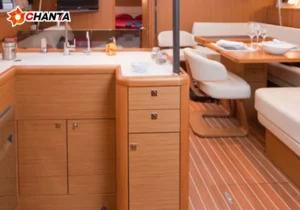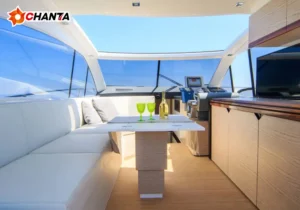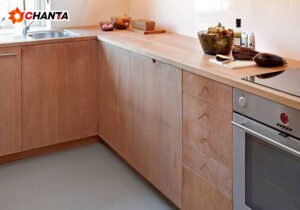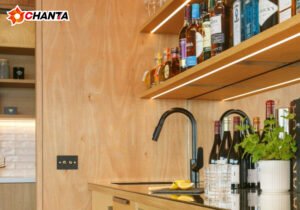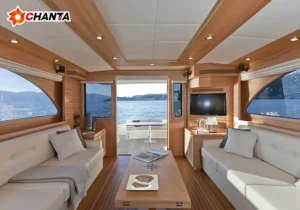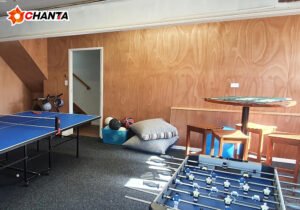Okoume wood is widely known for its beauty, strength, and versatility, but when it comes to moisture resistance, how does it fare? In this article, we explore whether Okoume wood is waterproof, its properties, and how you can maintain its performance in different environments.
What is Okoume Wood?
Okoume wood comes from the Okoume tree, native to Central Africa, particularly in Gabon. This light-colored hardwood is prized for its smooth texture and strength-to-weight ratio. It’s commonly used in plywood production, especially for applications like boat building, furniture making, and interior design.
While Okoume wood is a durable material, its natural properties and behavior when exposed to moisture may raise some questions, especially when considering its use in outdoor or marine environments.
Is Okoume Wood Naturally Waterproof?
Okoume wood, in its natural state, is not waterproof. Like most wood species, it is susceptible to absorbing moisture, which can lead to swelling, warping, or decay over time when exposed to water. This is especially true if the wood is not properly sealed or treated.
However, Okoume wood does have a relatively low density, which means it can resist water penetration better than many other wood types. This is one reason why it’s a popular choice in boat building and marine applications. The low moisture absorption helps it remain relatively stable compared to other woods, but it still needs protection to ensure its longevity in wet conditions.
How to Protect Okoume Wood from Water Damage
1. Sealing with Marine Varnish
To enhance Okoume wood’s resistance to water, especially in marine environments, it is essential to seal the wood with a protective coating. Marine-grade varnishes, oils, or epoxy resins provide a waterproof barrier that prevents moisture from penetrating the wood. This is particularly important for boat building, where constant exposure to water could otherwise lead to significant damage.
2. Regular Maintenance
Even after sealing, regular maintenance is essential to maintain the water-resistant properties of Okoume wood. Reapplying protective coatings periodically will keep the wood from absorbing moisture, ensuring its durability and appearance.
3. Use of Plywood Over Solid Wood
Okoume plywood, especially when treated or laminated, performs better in wet environments than solid Okoume wood. The layers in plywood construction reduce the risk of moisture penetration and increase overall strength. The multiple layers of veneer are bonded with strong adhesives, which can also provide additional resistance to water damage.
Why is Okoume Wood Popular in Marine Applications?
Despite not being naturally waterproof, Okoume wood is widely used in the marine industry. This is because of its lightweight nature, high strength-to-weight ratio, and ease of handling. When properly sealed, Okoume plywood is well-suited for boat building, especially for constructing hulls, decks, and other structures exposed to water.
Marine-grade Okoume plywood is often coated with a special finish that provides water resistance and long-lasting durability in harsh conditions. With the right treatment, Okoume plywood holds up well against moisture and environmental exposure, making it an ideal choice for building boats and yachts.
Conclusion: Is Okoume Wood Waterproof?
Okoume wood, in its natural state, is not waterproof. However, with proper sealing and maintenance, it can perform well in moisture-prone environments. The wood’s low density and resistance to water absorption make it a great option for applications like boat building and marine construction, as long as it is adequately treated.
If you are using Okoume wood for outdoor projects or in areas with high humidity or moisture, make sure to apply protective coatings and maintain the wood regularly to ensure it remains in good condition.
In summary, while Okoume wood is not inherently waterproof, its properties can be enhanced with the right treatments, making it a reliable material for various applications, including those exposed to water.


